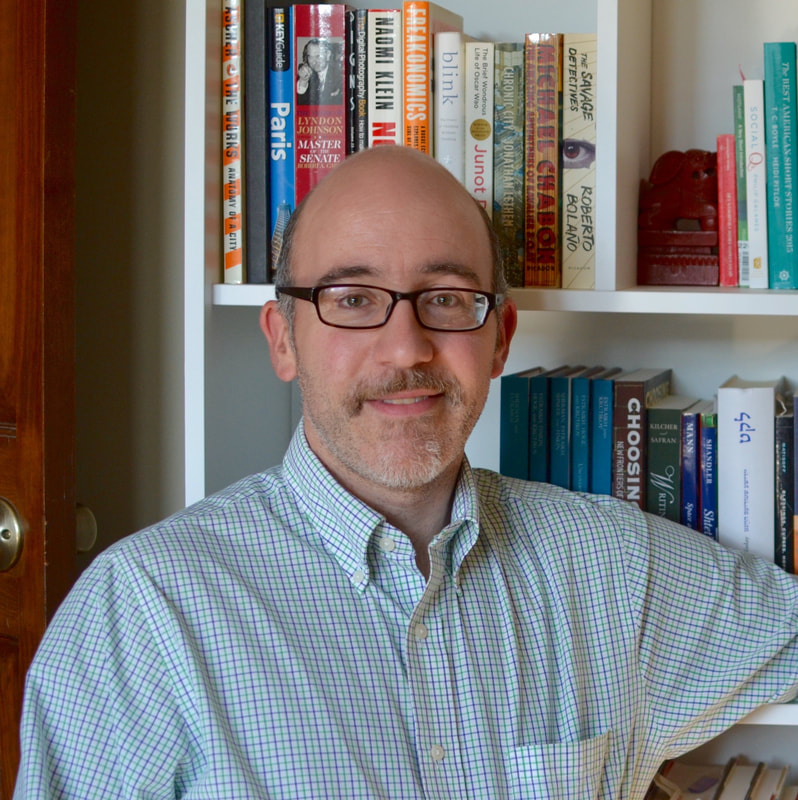A Plummy Sonnet by Mani Leyb
Jewish culture has invested a good amount of creative energy on the sonnet, attracted to the potential of a form at once so rule bound and so protean. While Hebrew was the first language after Italian in which sonnets were written, Yiddish was a curious latecomer,
waiting until the very late nineteenth century to be used for the composition of sonnets, the first indeed being written in America. Of the many American Yiddish sonneteers, the poet Mani Leyb (1883-1953) came late to the form. Much of his poetic career was spent
in pursuit of a poetics of “simplicity,” developing an impressionist style capable of supple evocations of mood in spare, pared-down language. Yet, at the age of fifty, as he convalesced in a sanatorium for tuberculosis patients, he turned his pen to writing some
of the finest sonnets in Yiddish, a project he would continue till he died. Mani Leyb’s sonnets cover a wide range of subjects, and he does use the form to reflect on the art of poetry in general, but they are at their best when he turns his attention to the ironies and emotions of domestic life, which are also his attempts at understanding his life in America. This presentation will take one representative sonnet from this period—“A Plum”—and argue for its relevance in the canon of American sonnets.
waiting until the very late nineteenth century to be used for the composition of sonnets, the first indeed being written in America. Of the many American Yiddish sonneteers, the poet Mani Leyb (1883-1953) came late to the form. Much of his poetic career was spent
in pursuit of a poetics of “simplicity,” developing an impressionist style capable of supple evocations of mood in spare, pared-down language. Yet, at the age of fifty, as he convalesced in a sanatorium for tuberculosis patients, he turned his pen to writing some
of the finest sonnets in Yiddish, a project he would continue till he died. Mani Leyb’s sonnets cover a wide range of subjects, and he does use the form to reflect on the art of poetry in general, but they are at their best when he turns his attention to the ironies and emotions of domestic life, which are also his attempts at understanding his life in America. This presentation will take one representative sonnet from this period—“A Plum”—and argue for its relevance in the canon of American sonnets.
Jordan Finkin is Rare Book and Manuscript Librarian at the Klau Library, Hebrew Union College. A specialist in modern Jewish literatures he has authored several books as well as numerous scholarly essays and articles. He is also the Director of Naydus Press, a non-profit publisher of Yiddish literature in translation.
